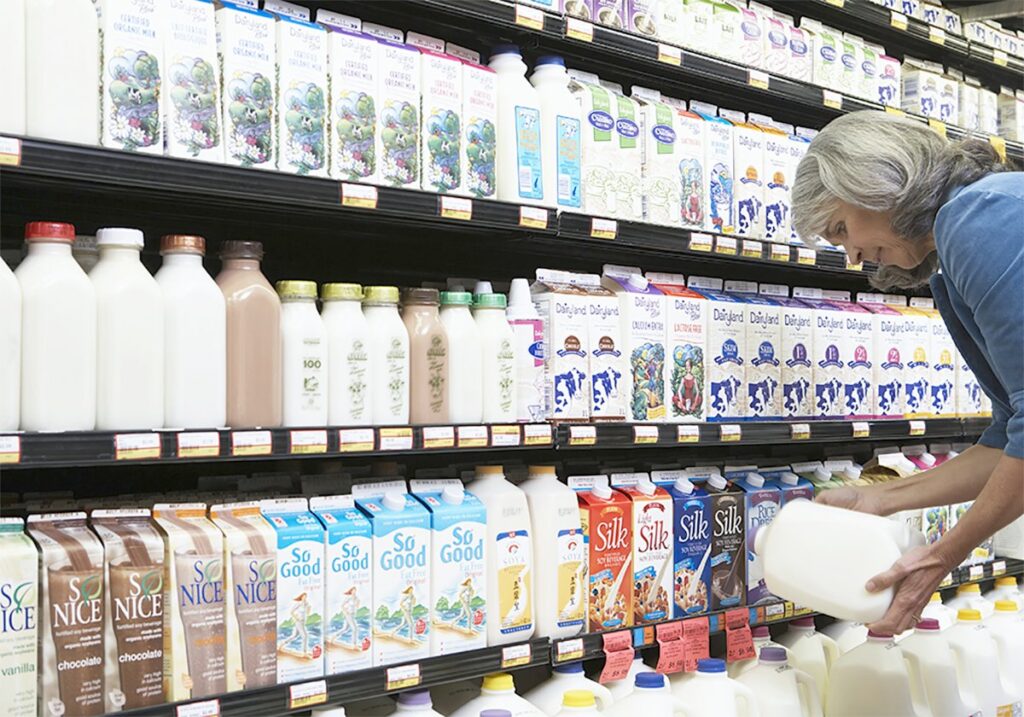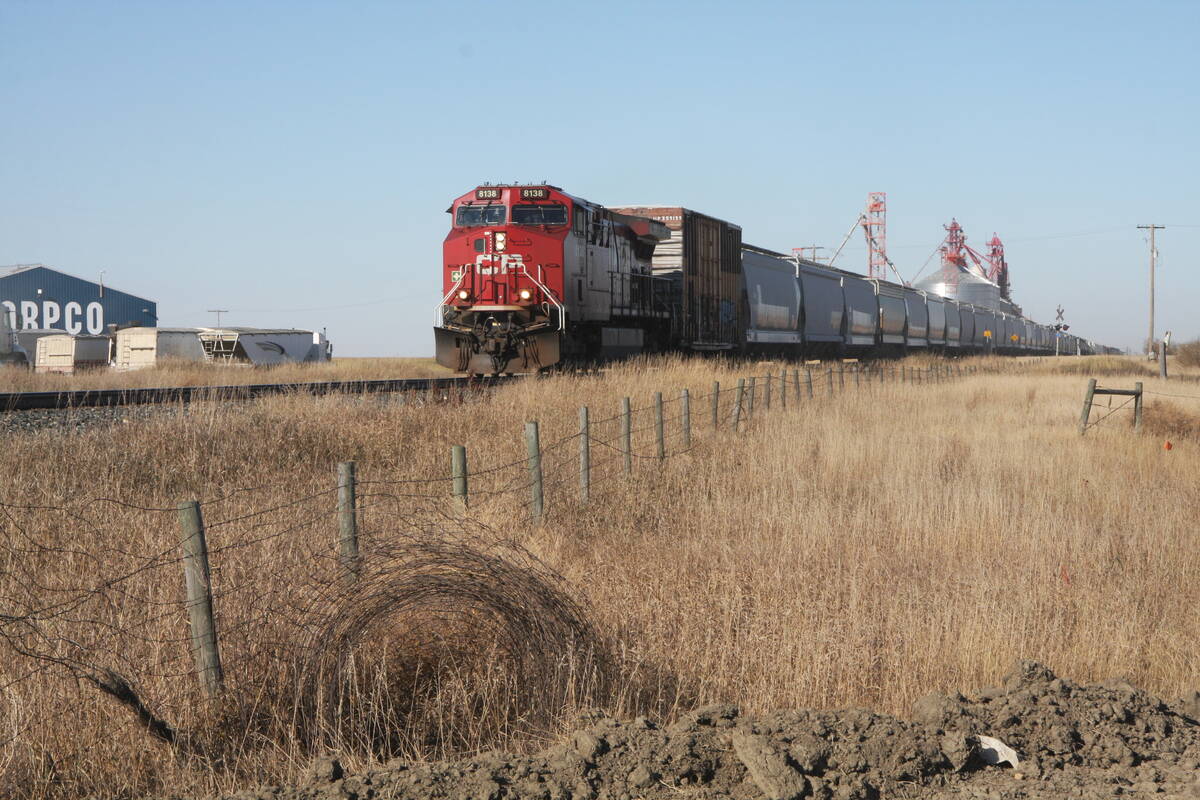Supply management will soon become the centre of attention

“Elbows up” is a great slogan capturing the sentiment of many Canadians in response to American trade and sovereignty threats.
However, in a hockey game, being too aggressive with your elbows typically leads to a penalty. Canada needs to be smart with its use of elbows.
Follow all our tariff coverage here
Read Also


Saskatchewan means business in a world on edge
Global needs are surging, populations are growing, trade barriers are tightening and an ever-changing tariff landscape is presenting an opportunity to re-evaluate supply chains.
In agriculture, the upcoming game will likely be centred around supply management, specifically the dairy industry. We can go elbows up and refuse to make any concessions, but that could be costly.
Most countries have sensitive industries they protect from international competition. That doesn’t matter. U.S. president Donald Trump has long lamented the lack of American dairy access into Canada.
He doesn’t really describe it correctly. The big tariffs against American imports only kick in after they reach the agreed upon allotment. Still, the gist of Trump’s angst is correct. The U.S. has limited access to the Canadian market.
In the Canada-U.S.-Mexico Agreement that Trump hailed as a great achievement for his country during his first term as president, slightly more dairy access was provided. Now, Trump says that isn’t nearly good enough.
Canada and U.S. negotiations will occur on many fronts, from auto tariffs to defence spending, but the dairy issue is particularly thorny.
All the major political parties in this country continue to pledge unequivocal support for supply management. All fear the dairy lobby.
For the Bloc, dairy protection is almost a religion, considering the concentration of dairy farms in Quebec, many of them very small by today’s standards.
So, does Canada consider some changes and flexibility to appease Trump, or do we stand on principle with elbows up no matter the fallout in numerous unrelated aspects of bilateral relations?
When does the price of being inflexible on supply management become too great?
In previous trade deals, the market has been opened a crack to dairy imports from other countries. For that, dairy farmers have received generous federal compensation, even though their actual losses have been more theoretical than real.
Canadian politicians say there will be no further concessions, but the pledge rings hollow. When push comes to shove, you’d hope they’ll do what’s right for the country.
It will make for interesting politics. If the government makes some dairy concessions for the greater good of the nation, opposition parties will rail against the concessions as they curry favour with the powerful dairy lobby.
The elbows up crowd will argue that refusing any concessions is the correct approach. Certainly, there are lines in the sand that Canadians will fight to maintain. Canadian sovereignty is not up for negotiation no matter how often Trump promotes his idea of us becoming the 51st state.
But supply management should not be some untouchable Holy Grail. It’s a complicated system with lots of flaws.
When a dairy farm’s quota value is among its most valuable assets, the system is a bit perverse. It’s great for established farms that have their quota paid for. It’s a huge barrier to anyone wanting to enter the business or expand.
All the other sectors of agriculture compete on the international stage. You don’t have to buy quota to raise crops, beef, pork or potatoes.
Refusing to concede some increased American competition into the dairy market is not a hill that Canada should be prepared to die upon. It should be viewed as an opportunity to modernize and improve supply management.
Many politicians must realize this. They just aren’t brave enough to talk about it.
Kevin Hursh is an agricultural journalist, consultant and farmer. He can be reached by e-mail at kevin@hursh.ca.
Source: producer.com


